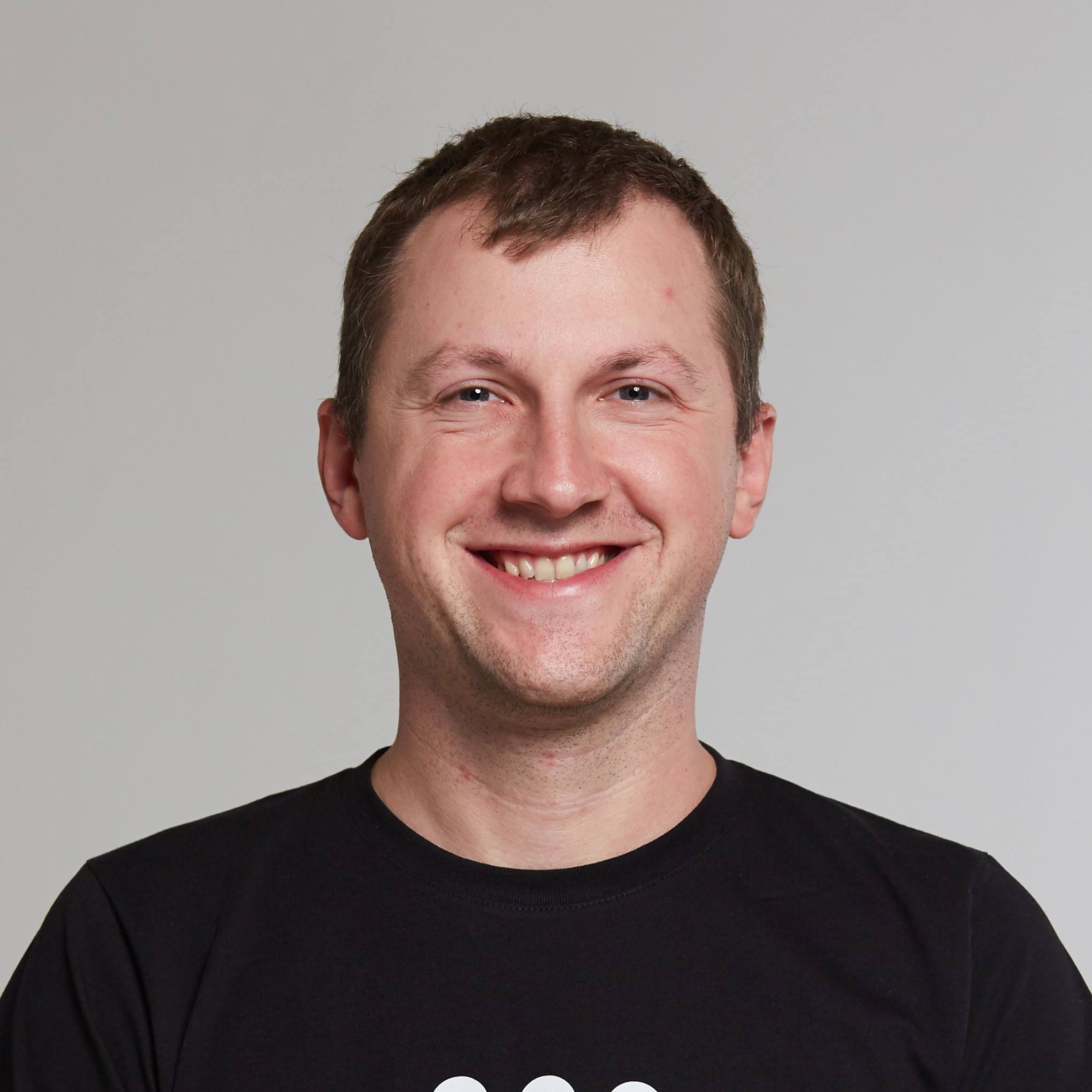Python - the programming language that changes the world
Python is not just a programming language; it's a true engine of change in the world of technology. Initiated by Guido van Rossum in 1991, Python became known for its simplicity, efficiency, and flexibility, making it one of the most popular choices for programmers worldwide. However, what makes Python so special, and why has it won the hearts of developers around the world?

- 8 min read

Python's Story: From Hobby to Popular Programming Language
Python, created by Guido van Rossum in the late 1980s, began as a personal project. Its goal was to create a clear and simple programming language.
The year 1991 was pivotal Guido published the source code of Python in the alt.sources news group, initiating its spread over the Internet.
Thanks to its convenient syntax and rich library ecosystem, Python gained rapid popularity. Over time, it attracted a large number of programmers, becoming one of the most versatile and widely used programming languages in the world.
The name of the language originated not from reptiles, but from Guido's fondness for the British comedy series of the 1970s, "Monty Python's Flying Circus." Nevertheless, the name itself eventually became synonymous with a snake, underscored even by the emblem on the python.org website.
The year 2008 marked the release of Python 3.0, ushering in a new era for the language. This version addressed many architectural shortcomings while maintaining compatibility with previous versions.
Today, Python continues to gain popularity. In 2023, it ranked first in the programming language rankings among IT professionals according to IEEE Spectrum, highlighting its impact and significance in the world of technology.
A World of Endless Possibilities
One of the biggest advantages of Python is its extensive ecosystem of libraries and frameworks, providing developers with tools to tackle virtually any task with ease.
Python is used in a variety of fields, from web development to artificial intelligence. Some of the most famous projects based on Python include:
- Django and Flask: These powerful web frameworks accelerate the development of Python-supported web applications.
- NumPy and SciPy: These libraries provide powerful tools for scientific computing, including working with data arrays, mathematical functions, and more.
- TensorFlow and PyTorch: These machine learning libraries enable the creation and training of neural networks, serving as the foundation for many AI research endeavors.
- Pandas: This library offers powerful tools for data processing and analysis, making Python an essential tool in the field of data analysis.
And the package manager - pip, for Python, simplifies the process of installing and managing these libraries, further enhancing the language's appeal.
Projects that Change the World
The versatility of Python is illustrated by internationally successful projects and applications built with this language.
- Instagram: The world's leading photo-sharing platform heavily relies on Python for its server infrastructure, using Django to handle millions of users and petabytes of data seamlessly.
- YouTube: Google's major video hosting service uses Python for various purposes, including video transcoding, content delivery, and analytics, demonstrating the scalability and reliability of the language.
- Dropbox: This cloud storage service was initially built using Python, and its desktop client is almost entirely written in Python. Python's simplicity and cross-platform compatibility played a key role in the early development of Dropbox.
- NASA: Python has proven useful even in space exploration, where NASA uses the language for tasks ranging from data analysis and modeling to spacecraft control systems. Its readability and ease of use make it an ideal choice for critical applications.
Python is not just a programming language; it has become a true innovation that is changing the world. With its simplicity and powerful capabilities, it finds applications in diverse fields, from major corporations to startups and scientific research. And with each passing day, Python continues to evolve, opening new horizons for innovation and technological progress.
Don't hesitate to explore the various possibilities and resources to find the one that best suits your needs and learning style.
I believe you can succeed in learning Python!
Frequently Asked Questions about Python
Our agency offers a full range of services, optimized for maximum efficiency and customer satisfaction.
Focus on what you do best, and leave the rest of the business digitization tasks to Abra Agency !